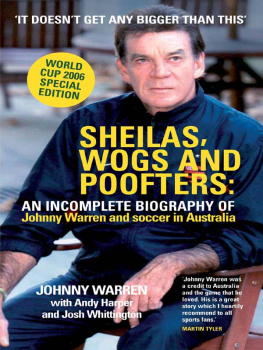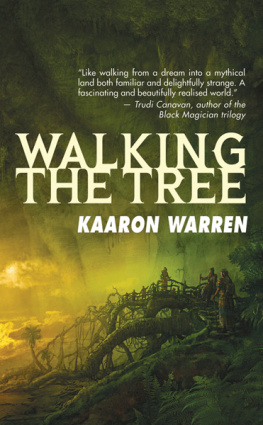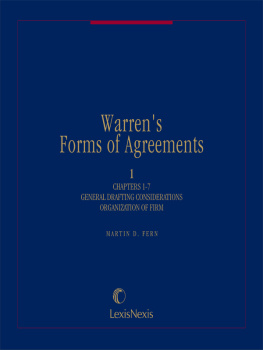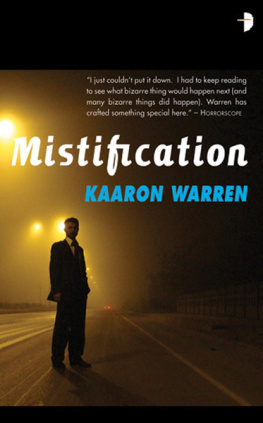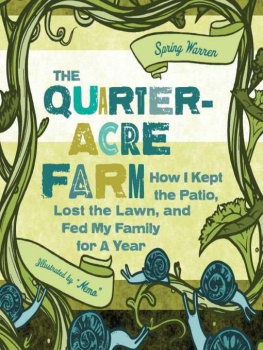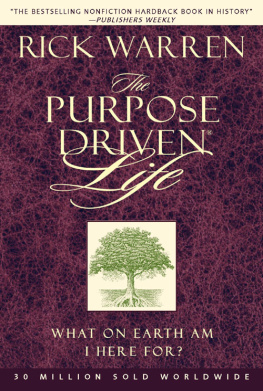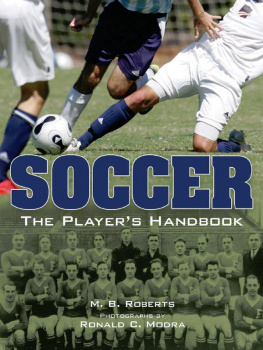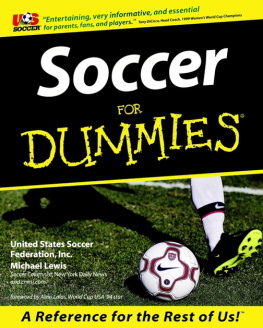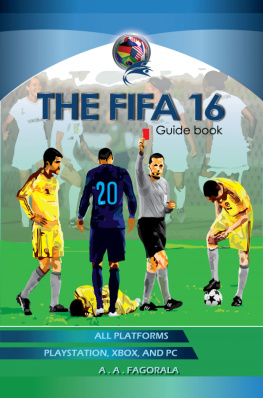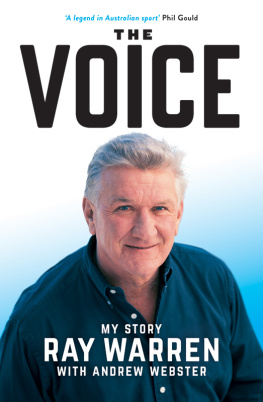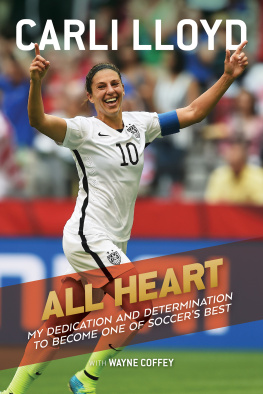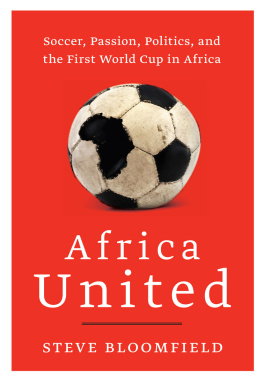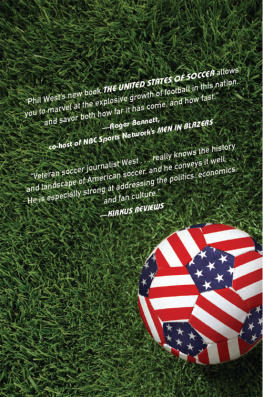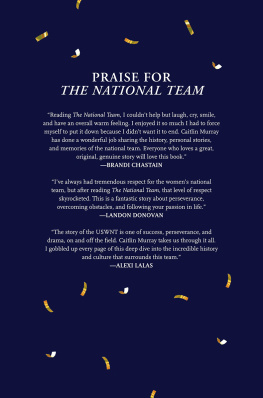 To think of football as 22 hirelings kicking a ball is to say that a violin is merely wood and catgut, that Hamlet is so much ink and paper.
To think of football as 22 hirelings kicking a ball is to say that a violin is merely wood and catgut, that Hamlet is so much ink and paper.
J. B. Priestley
In the symphony orchestra that is world sport, football (soccer) is the lead violin. While barely musical, Johnny Warrens philosophical ear has leaned towards the Stradivarius end of the sports spectrum for decades. In this respect he is ahead of his time.
Johnny is a forward thinker, the quintessential big-picture man. For Johnny, his big picture has often borne the brunt of scandalous ignorance from those outside football and wanton disregard from those within. From his adolescent days, behind the veil of cloistered Cold War Australia, Australian-born Johnny Warren fell in love with the world game. And, as much as he could see football for what it was, equally were his parochial countrymen blinded. Perhaps it is our status as an island nation that makes us fearful of things dubbed foreign. Wrongly, football was considered one such thing. In many ways and on many occasions it would have been easier for him to leave Australia and live elsewhere. In almost any one of the worlds countries where football is respected and adored; where it is both lingua franca and currency, Johnny Warren would have felt comfortable. But, unlike others of equal standing in their respective fields who, over the years, have left Australia for destinations friendlier to their professional sensibilities, Johnny Warren has stayed to fightwith dignity, determination and doggedness. His one great hope in life has been that Australia would share the worlds love of footballand do so for its own good.
We live in a world and work in a sport that are both perennially suspicious of peoples motives. However, since I have known him I have never suspected a Johnny Warren public postulation to be made out of selfish ambition or vain conceit. It is always for the sake of the game that he speaks out. For him, to gain is to see Australia embrace football and to see Australia embraced by the world, through football. Football is the visa that our nations passport needs, particularly in these globalised times. Johnny cottoned on to that fact long ago and his work from then until now has been to open Australias eyes to this reality.
His frustration comes from his impatience and that he doesnt think he will see Australia become a football country in his time. But there is a grand work definitely in progress and lying very close to its source is Johnny Warren. He has made his mark on Australia, and indelibly so. Let Australias sports historians judge him reverently, for no less is deserved.
Thank you Johnny for inviting my contribution to your book. Thank you for including me in your mission.
Andy Harper, 2002
Sheilas, Wogs & Poofters: An Introduction
 T HROUGHOUT MY LIFE , football has come to mean so much to me. It has made me more aware, it has awakened the world citizen inside me and it has alerted me to what the sport is capable of achieving for my own wonderful country, Australia. Football has been the vehicle as well as the window for that awakening. I want the same experience of awakening and awareness for Australia. No other sport reflects life more than football. Perhaps that is one of the reasons why it is so popular around the world. People relate intimately to the ninety minutes of drama that unfolds before them in a football match, because it is so often a metaphor of their own existence. Of course, the game is aesthetically beautiful too, but this is a more subjective thing. In half the games we see, the best team doesnt win, just as the best person doesnt always get the top job or the most deserving person isnt always rewarded. Soccer reflects all those injustices and it is the way people relate to football that brings the emotion into the game. It is the sport of the people of the world. It is physically, socially and financially democratic.
T HROUGHOUT MY LIFE , football has come to mean so much to me. It has made me more aware, it has awakened the world citizen inside me and it has alerted me to what the sport is capable of achieving for my own wonderful country, Australia. Football has been the vehicle as well as the window for that awakening. I want the same experience of awakening and awareness for Australia. No other sport reflects life more than football. Perhaps that is one of the reasons why it is so popular around the world. People relate intimately to the ninety minutes of drama that unfolds before them in a football match, because it is so often a metaphor of their own existence. Of course, the game is aesthetically beautiful too, but this is a more subjective thing. In half the games we see, the best team doesnt win, just as the best person doesnt always get the top job or the most deserving person isnt always rewarded. Soccer reflects all those injustices and it is the way people relate to football that brings the emotion into the game. It is the sport of the people of the world. It is physically, socially and financially democratic.
I am fascinated by soccers story in Australia. It has been one of struggle; an incredible, relentless, frustrating and frequently unjust struggle. Soccer is a sport with a long history in this country, a sport which provided a vehicle for assimilation for new Australians, the sport of the people of the world and the national sport of the country which, historically, was so connected with Australias national psycheEngland. Yet, soccer in Australia still faces entrenched cultural and institutional resistance. One only has to scan the national newspapers to get the feeling that the editors consider the sport a minor one and not worthy of much coverage except, of course, for the occasional incident of crowd trouble when there is always a camera available and a reporter ready with pen poised. For the most part, Australians are fixated on what are relatively minor sports. The big news is rugby league or Aussie Rules. In world terms, who plays these sports? Yet, at the same time, we have our own Australian soccer players like Viduka and Kewell performing on the worlds largest stages. Their exploits and triumphs scarcely feature at all in our mainstream media. Maradona, considered by many throughout the world as the greatest footballer of all time, was barely considered newsworthy in Australia (except at SBS) for the magnificent feats he performed on the football field until, of course, drugs and scandal took over his life and then he became front-page news. Local soccer, the NSL, faces the same predicament. There never seems to be footage of goals and games but the rare moment that there is any sort of crowd disturbance the cameras are there to capture the action and lead the news for that night. Why is this so?

